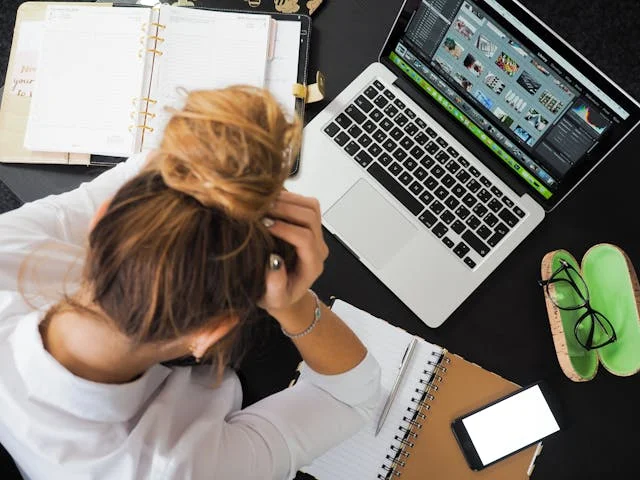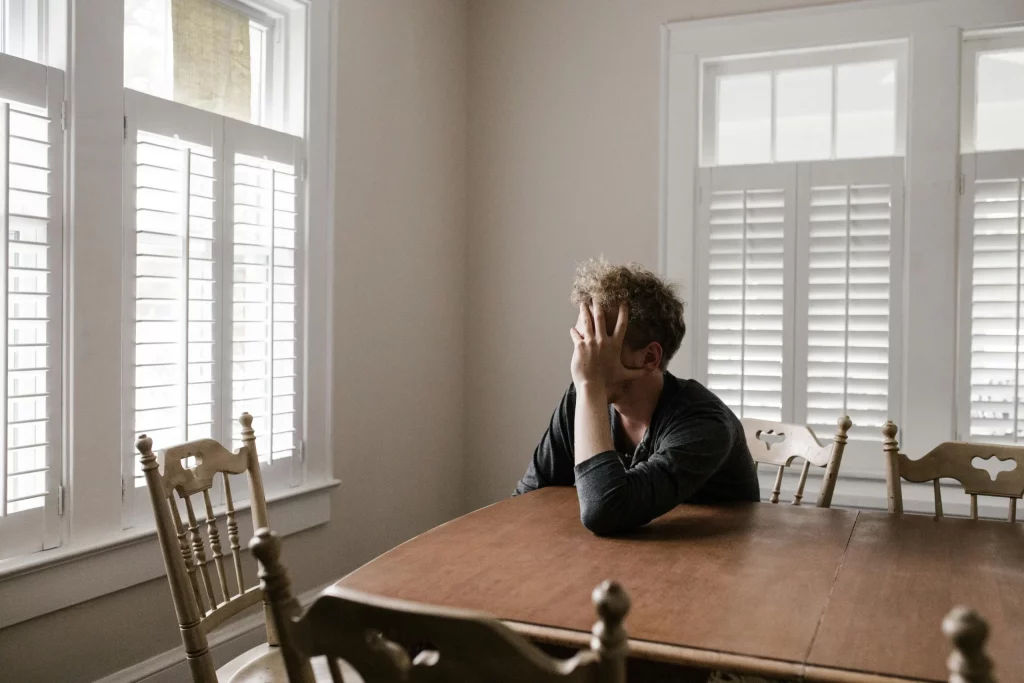Returning to work after a leave for anxiety can be an emotionally charged moment: excitement to resume your routine, but also fear of not being up to the task or feeling like you did before your leave. Taking care of your mental health during this transition is essential to make it a positive and sustainable process. As psychologists specializing in anxiety, we know how important it is to prepare well for this step.
Below, we share some key tips to help you return with confidence and well-being.
Challenges When Returning to Work After Anxiety Leave
Resuming your professional life after a break for anxiety is not always easy. Some of the most common challenges include:
- Fear of not being ready: Feeling like you’re not “100%” can cause insecurity.
- Worry about judgment from colleagues and supervisors: You may fear being seen
differently or having your ability questioned. - Managing stress in the workplace: The pace, demands, or interactions can feel
overwhelming. - Doubts about handling workload: You may wonder if you can handle everything
without relapsing.
Recognizing these challenges is the first step toward successfully managing them.
Preparing to Return to Work After an Anxiety Leave
At Sara Renart, we support you in this process so you can approach it with calm and confidence. We work both in-person in Valencia and online, adapting to your needs.
Contact to us HERE and take the first step toward a smoother return to work.

Psychologists’ Tips for Returning to Work After an Anxiety Leave
Based on our experience, here are five practical tips:
Plan a gradual return: If possible, start with reduced hours to adjust gradually.
Set clear boundaries: Learn to say “no” or ask for help if the workload feels too heavy.
Practice relaxation techniques: Deep breathing or mindfulness can help calm anxiety in the moment.
Maintain routines outside work: Getting enough sleep, eating well, and reserving time for
yourself are key to balance.
Seek support: Talking to a trusted friend, colleague, or psychologist can relieve pressure.
Returning to work after an anxiety leave can be challenging, but with proper preparation, it becomes an opportunity to regain your routine with strength. Facing fears like others’ judgment or workplace stress, applying practical tips such as a gradual return, and adjusting your environment are key steps for a successful transition.
Remember, you are not alone. At Sara Renart, as psychology experts in Valencia, we provide support and strategies to help you feel comfortable and confident in your daily work life.
Workplace Adaptations for a Smoother Transition
Adjusting your work environment can make a big difference. Here are three adaptations you can try to negotiate or implement:
- Flexible hours: Arriving later or working from home some days can ease the adjustment.
- Quiet space: If possible, find a spot where you can take a few minutes to disconnect if needed.
- Communication with the team: Talking to your boss or colleagues about your needs (without going into details if you prefer) fosters a more understanding environment.
These small changes can help you feel more secure and supported.

💬 Are you interested in learning more about how to address anxiety with professional guidance? 👉 In this article, we’ll tell you how online therapy can help you manage anxiety comfortably and effectively.
Frequently Asked Questions About Returning to Work After an Anxiety Leave
How long should I wait before returning to work?
There is no fixed time; it depends on your progress and your doctor or psychologist’s recommendations. Ideally, return when you feel emotionally stable and have tools to manage stress.
How do I talk to my boss about my emotional state?
Be honest but brief: “I’ve been through a difficult time and I’m working on my well-being. I appreciate your support during this transition.” You don’t need to give details if you’re not comfortable.
What if I feel I can’t handle stress when returning?
Take short breaks, use relaxation techniques, and consult your psychologist or doctor if it persists. Sometimes adjusting your pace or seeking professional help is the most sensible choice.
